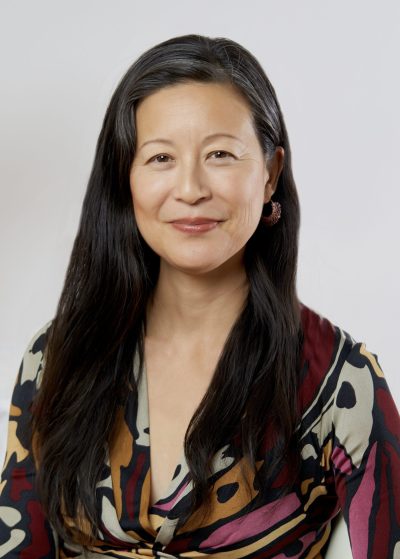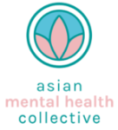I enjoy long walks. When out in the woods, I have a tendency to go off trail. Even when I’m trying to follow a particular network of routes. One favorite author wrote A Field Guide To Getting Lost. Although, it’s not that I intend on getting lost. A bit of a trail blazer, I simply like less traveled paths. To discover. Meander. Because I look for what’s novel. I enjoy finding beauty hidden in plain sight.






